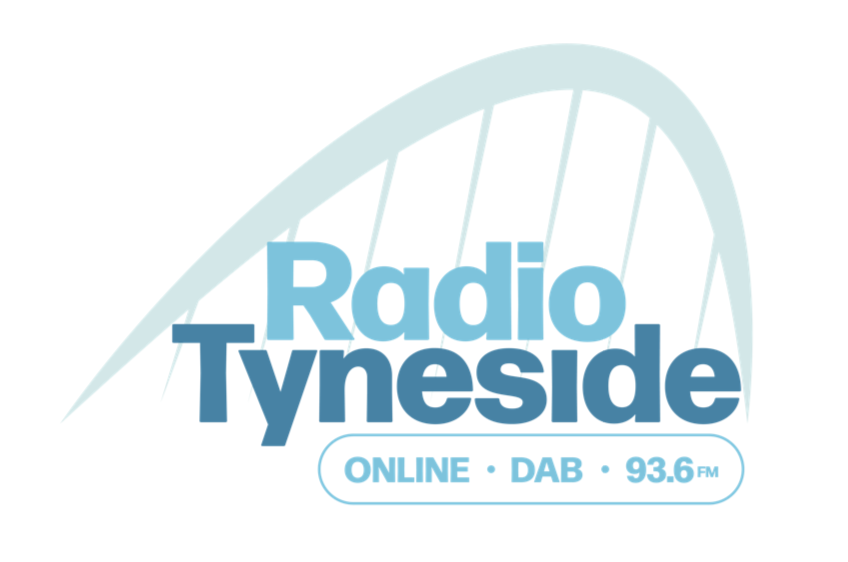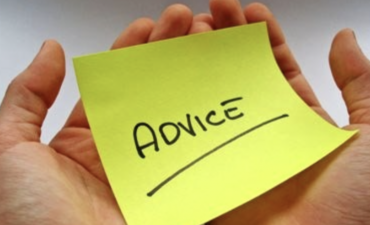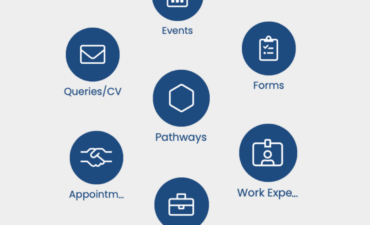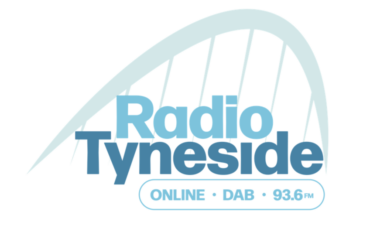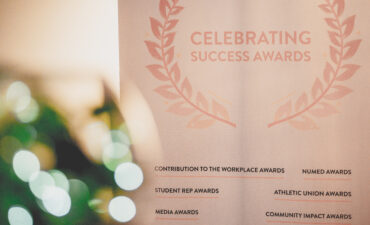Summary
Jack Evans, a Stage 2 student studying Journalism, Media and Culture, works voluntarily at Radio Tyneside, presenting two shows a week. He started in January 2022 and has gained valuable skills that will help shape his future career. Check out his Radio Tyneside profile to listen to his shows, or follow Radio Tyneside on Twitter to see the station’s daily schedules.
If you’re interested in finding out more about Jack’s experience, and how you can get involved too, read the interview below!
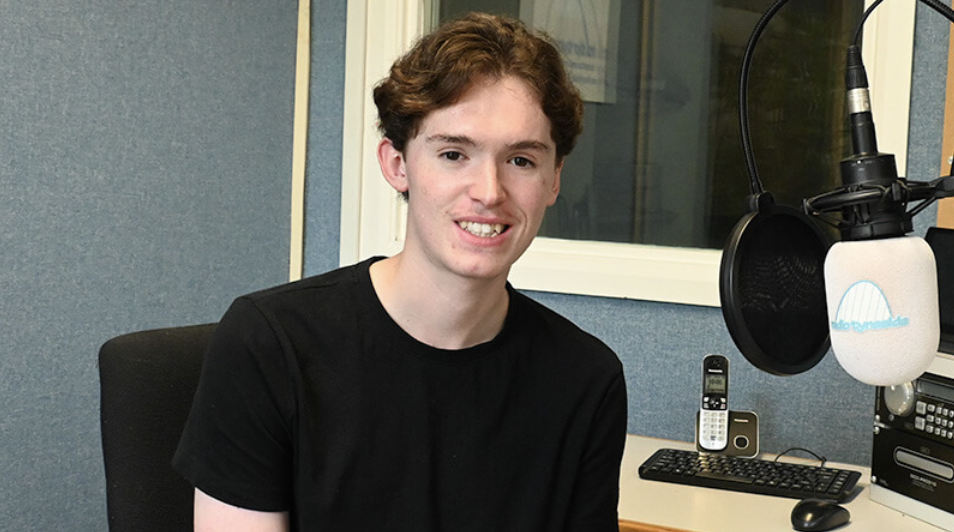
Describe the role
As a presenter I have two shows a week, so my main role is putting those two shows together. One is live, one is pre-recorded. The shows I get change quite often but there are two main shows I do. One is a music show where I just speak around the music, so I speak about the songs or just some general chat. It’s like you’re speaking to a friend, really. You kind of pretend your friend is on the other side. The second show is a live sports show, and it’s more informative with facts and live updates from games. I have two co-presenters for that so we kind of bounce off each other in conversation.
“It’s like you’re speaking to a friend”
How did you find the role?
It was advertised in an induction lecture at university, in the very first week. I then went to speak to David Baines, who was my personal tutor and head of journalism at the time, and he gave me an application form. I applied and got a reply back from the station and was soon introduced to the chairman of Radio Tyneside and got some basic training.
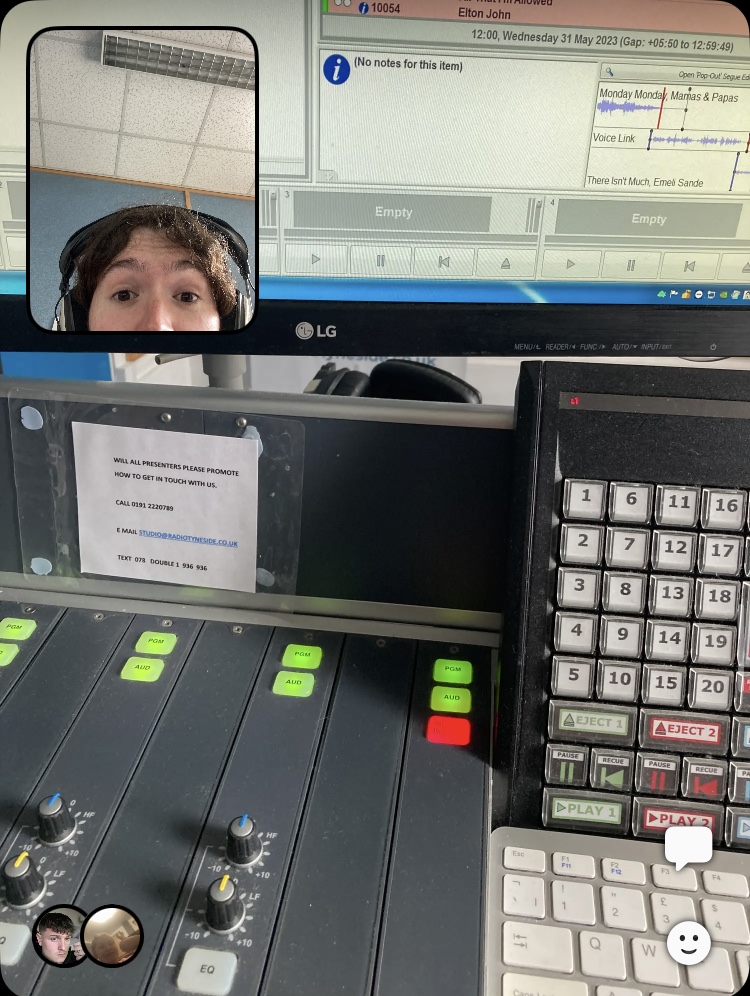
What have you enjoyed most about the role?
It was nice to realise that radio is a skill I didn’t really know I had; it’s not really a skill you can test outside of actually doing radio. So it was quite nice meeting people who have listened to my shows and telling me that I sound professional.
It’s also a new hobby I’ve discovered. I used to listen to radio quite often, but it was never something I’d considered to be an enjoyable pastime. Whereas now I’ve realised that I quite enjoy doing it.
What has been the most challenging?
Probably getting the presentation very on point. When I first started, I spoke quite quickly, so it was a case of – in the first few months – that sort of refining to get it on point. It’s difficult at first but once you get it it’s a bit like riding a bike, once you’ve learnt you’re probably not going to forget it.
Another challenge I found when I started doing live shows was the timing. it has to be much more precise when you do it live. When you pre-record, you can kind of fix anything in the editing after. During live shows, you’ve got to get used to looking at the clock and looking at the computer and speaking all at the same time. If you mess up your words, you’ve just got to go with the flow.
What have you learnt? What skills have you gained?
I’ve definitely gained the skill of speaking more clearly. I used to speak quit quickly, and I still do to an extent, I’m not suddenly this great public speaker, but it’s definitely helped my presentation skills when speaking to people.
My technical skills have improved as well. I never really used to know how to use computers or a mixing desk, but now I kind of know my way around things like that, which is a skill you’re probably not going to get outside of doing radio.
How has this experience shaped your career aspirations?
It’s opened a door for me. It’s definitely a career path I would be willing to take on. It’s something I hadn’t thought about two years ago, but now it’s probably quite a serious consideration going into the future. Having spoken to a few big names that are close to Radio Tyneside, they have all said to me ‘you can go make a career out of this if you really want to.’ I always wanted to be a written journalist, but now I think radio journalist or radio presenter in general could be a job I pursue in the future.

Would you recommend this experience to other students?
Definitely. The one thing I will say is that, because it’s hospital radio, a lot of the music is sort of tailored to seniors, so there’s a lot of old music, stuff that’s 40-50 years old, so I know some students who were turned off by the fact they didn’t know many of the songs they’d be playing.
“You pick up new skills and it looks great on your CV”
But it’s definitely a good thing to do, you pick up new skills and it looks great on your CV, especially because it’s volunteering. That’s a big thing in the field of journalism and media. A lot of famous people started off doing unpaid work for hospital radio, like Jeremy Vine, and now they’ve made quite a big name for themselves. So it’s definitely worthwhile even if you don’t pursue it in the future.
It’s fun to do as well. it’s not like you’re actually doing work, I don’t see it as work I treat it as a pastime. You’re bringing entertainment to people, and even though you don’t get paid, you still get satisfaction through feedback from listeners. You make a difference in people’s lives through this role, so I definitely recommend it.
How can others get involved?
You could speak to your personal tutor or head of journalism, or contact Radio Tyneside directly. You can email them directly and explain you’re a student wanting to volunteer. I’m not sure how many presenters they’re looking for at the moment, but they’ve extended the broadcasting hours a little bit into the night, so there might be room for new presenters.
info@radiotyneside.co.uk

